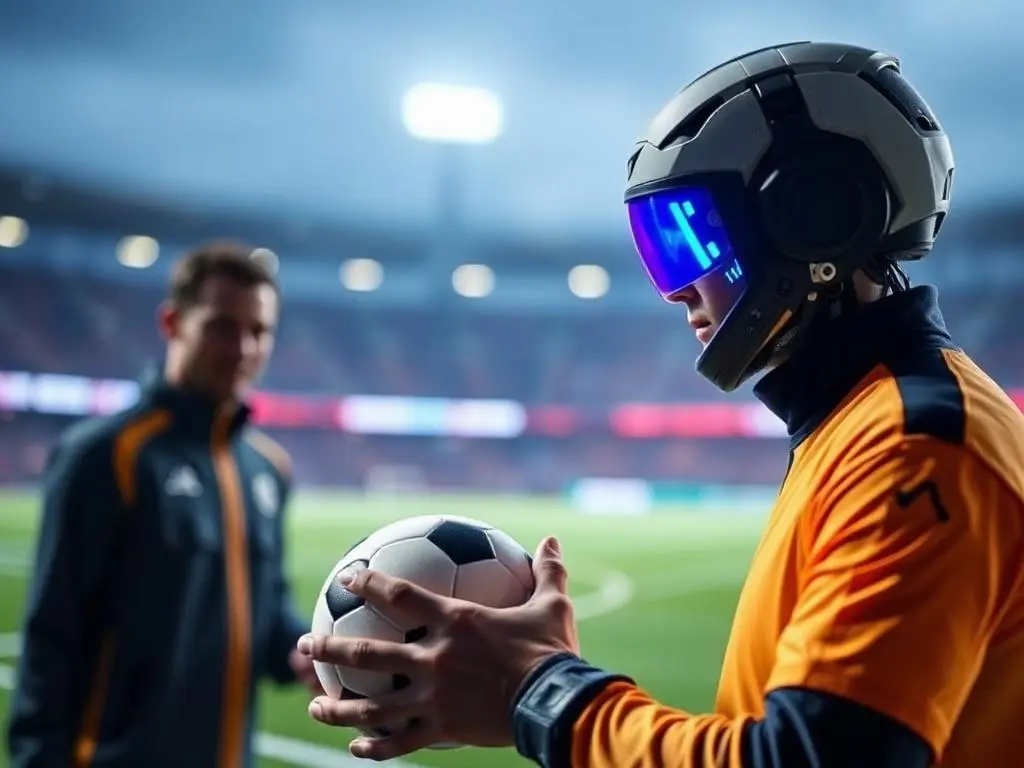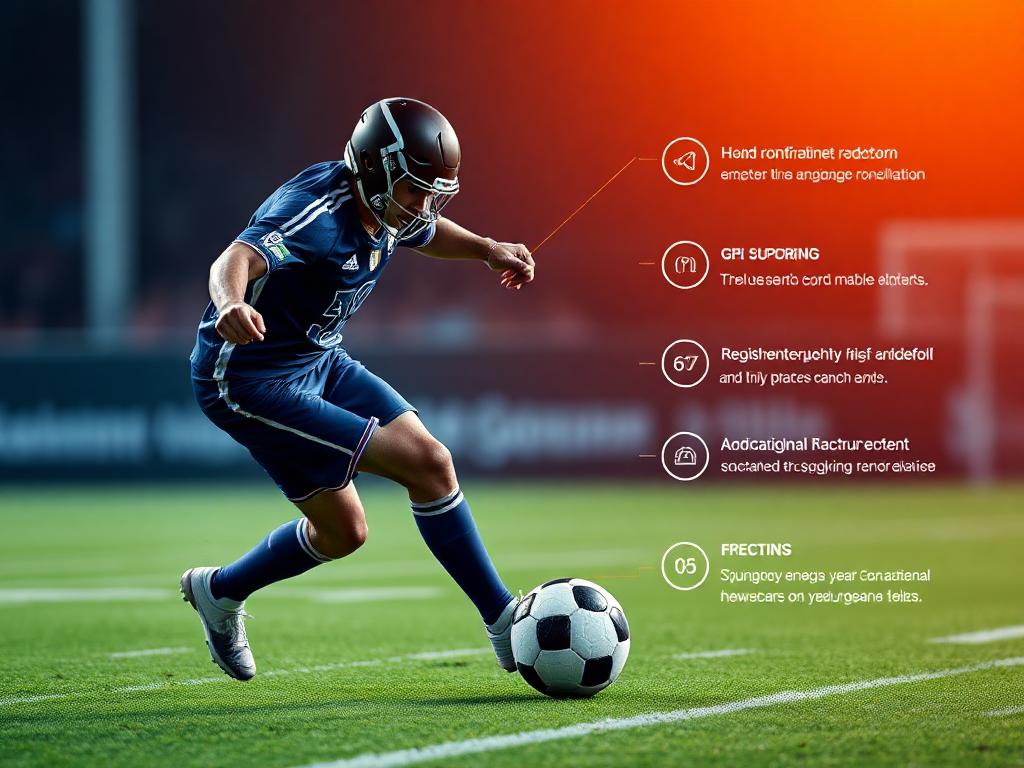
Football's Future: How to Integrate AI Coaches in Football Training?
Talks about incorporating artificial intelligence (AI) into coaching techniques are rife in the sports world as traditional football programs like Sam Houston State University continue to look for visionary leaders like Phil Longo. The current query is how AI may influence football ideologies in the future and possibly transform the sport.
Read Also: 5 Highest Paid Football Managers in the World
AI: Sports Strategy's Next Big Thing?

AI and advanced analytics are becoming revolutionary technologies in sports administration. Longo, who has been a coach for 34 years, is a prime example of the kind of knowledge that AI systems may soon be able to augment or perhaps replace. These tools enhance a coach's tactical knowledge by analyzing player performance, forecasting opponent tactics, and optimizing play decisions in real time.
A New Era of Coaching Driven by Data
Consider a game where AI uses real-time information on the other team to help coaches choose the optimal play. Competitive sports may be redefined by the strategic depth that AI's quick processing of large information offers. In order to maintain a competitive edge, coaches might utilize AI results to pinpoint deficiencies, modify tactics, and even forecast results.
Tradition and Innovation in Balance
Even though AI has many intriguing potential applications, it also calls into question the place of human experience and intuition in coaching. Can sophisticated game-day judgments made by seasoned coaches like Longo really be replicated by algorithms? Achieving a balance between technical improvements and preserving the human element that motivates players and influences team dynamics is necessary when integrating AI into football coaching.
Embracing AI's potential might herald the start of a transformative age in sports, as data-driven insights propel teams to new heights, as Sam Houston's football program under Longo prepares for new challenges.
Read Also: The Top 10 Best Football Managers in the World
How AI is Transforming Football: An Overview of Coaching's Future?

The sports sector has seen a surge in interest and potential as a result of the use of artificial intelligence (AI) into football coaching. This innovative approach is poised to transform standard coaching methods, providing unprecedented insights and possibilities to football teams worldwide. As AI technology evolves, it brings both new prospects and challenges to the field of managing sports.
Features of AI in Football Coaching
AI technologies are meant to process enormous volumes of data with extraordinary speed. In football, these technologies may assess player performance metrics, boost play selection accuracy, and forecast the plans of opposition teams. The system’s potential to react in real time allows coaches to make educated judgments during games, delivering a tactical edge that was previously impossible.
Innovations and Trends
Professional sports teams are increasingly embracing and integrating AI technology, according to recent trends. The development of algorithms that simulate different game scenarios and offer predicted insights in addition to analysis is the focus of recent advancements. Coaches can better prepare for forthcoming games with this degree of clairvoyance.
Football AI's Benefits and Drawbacks

Advantages:
Enhanced Decision-Making: AI's quick processing of complicated data helps coaches make quicker, more accurate judgments.
- Objective Analysis: AI eliminates emotional bias by basing its analysis only on data, in contrast to humans.
- Injury Prediction: By examining a player's physical data, certain AI systems may determine the likelihood of injuries, potentially reducing downtime.
Must Know: Fifa World Cup African Qualifiers Stats: Qualifiers Statistics
Cons:
Reliance on Technology: If a coach relies too much on AI, it may override their instincts, which are crucial in erratic game conditions.
Cost: Putting AI technology into practice necessitates a large financial outlay, which not all teams can afford.
Security Issues: One of the biggest obstacles facing teams implementing AI is safeguarding private team information from online attacks.







